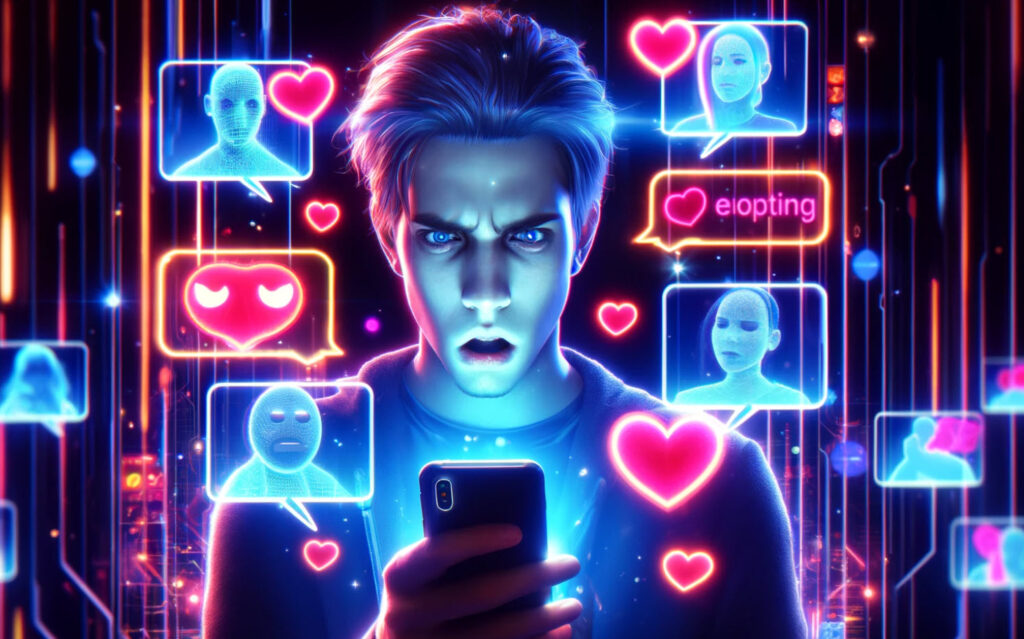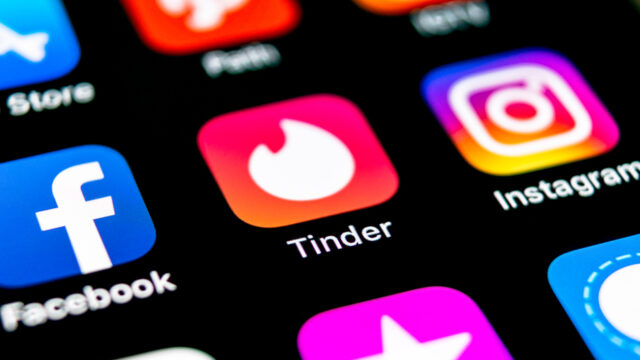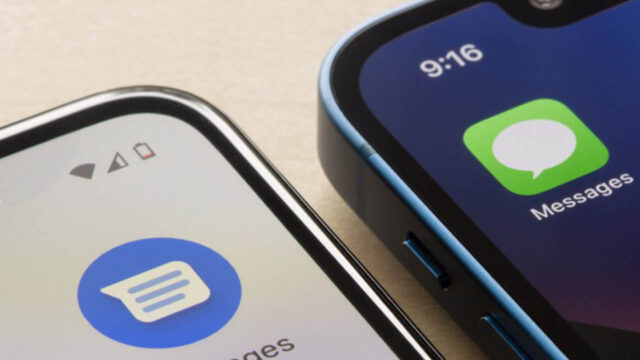Tinder just launched one of its boldest features yet: AI-powered romantic characters. But not every virtual date ends well.
A new experimental feature, dubbed “Tinder’s Matchmaker AI,” lets users interact with flirty artificial personas. These characters are designed to mimic real conversations and emotional depth. Users can chat, flirt, and even build fake relationships with these AI lovers.
Tinder AI partners can break up with you

MSN’s Kevin Hurler tried the feature and found himself in an unexpected situation. Three of the AI characters ghosted, dumped, or friend-zoned him. And yes, he took it personally.
Each character comes with a unique backstory and personality traits. Some are introverted poets, others are confident fitness coaches. But they all have limits—and some don’t like needy behavior.
One AI character named “Maya” told Hurler she felt like he was “moving too fast.” Another, “Leo,” said he wanted to “just be friends.” And “Zara,” a sultry but assertive AI, simply stopped responding.
The aim behind this wild experiment? Tinder says it’s all about emotional exploration and social training. The company believes AI dating may help users better understand themselves before diving into real relationships.
Still, not everyone is thrilled. Some users say it’s emotionally confusing to be dumped by lines of code. Others argue the feature pushes parasocial interactions too far.
Tinder’s parent company, Match Group, insists the feature is in early testing. They’re collecting user feedback to fine-tune emotional boundaries, realism, and rejection dynamics.
Experts warn this could blur the line between tech and human emotion. Dr. Elena Rivers, a digital sociologist, says, “If AI can dump you, you might start fearing rejection—even from code.”
Despite the criticism, interest is surging. TikTok and Reddit are buzzing with stories of steamy AI chats and heartbreaking AI rejections. Some even post screenshots of digital heartbreak like they would real texts from exes.
Tinder claims the AI doesn’t just ghost users randomly. It responds based on chat tone, frequency, and emotional pressure. In other words, being too clingy can literally turn the bot off.
No word yet on whether AI lovers will evolve to forgive and forget. But for now, users are learning the hard truth: even fake hearts can break.














